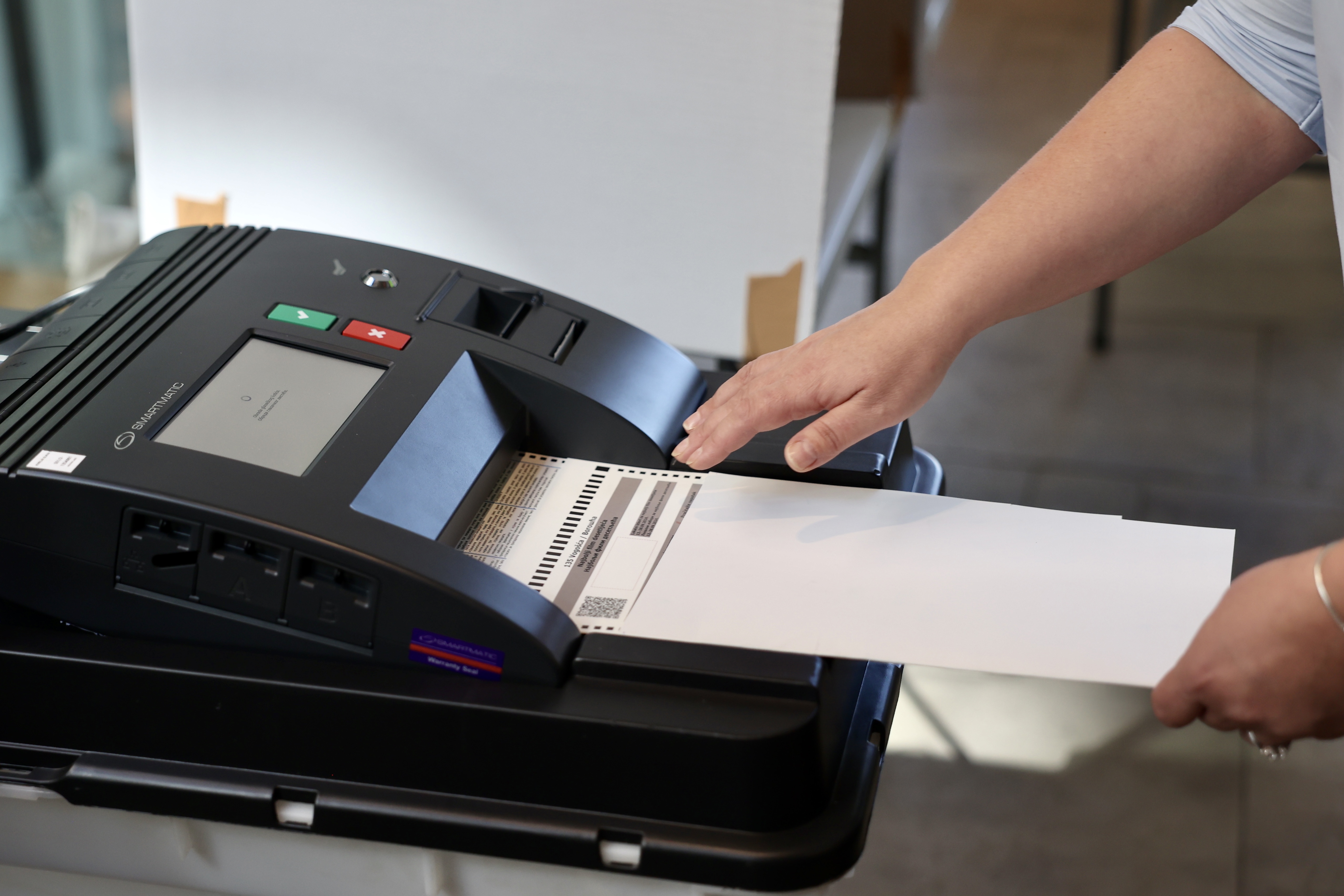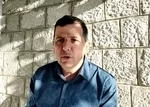Election scanners achieve 98.6% efficiency in recent local elections in Bosnia

The Central Election Commission (CEC) of Bosnia and Herzegovina reported that election scanners functioned effectively at 143 out of 145 polling stations across seven electoral units, achieving a success rate of 98.62% throughout the recent local election day. Despite occasional instances where scanners rejected ballots, no voter was denied the opportunity to vote, according to the CEC.
Oglas
A technical issue occurred with one scanner, while another rejected ballots due to stamps being placed in the wrong position. To avoid delays, voting at these two polling stations switched to regular procedures.
The CEC stated that the general use of scanners did not cause significant delays or long lines, and voting was extended by one hour at four polling stations in Tuzla to allow voters to complete their voting process.
All 143 polling stations that used scanners successfully generated, printed, and displayed electronic results for observers, media, and the public immediately after closing. Approximately five minutes after the polls closed, 42% of the pilot polling stations transmitted election results electronically to the CEC headquarters. Within 30 minutes, this figure rose to 62%. By the end of the election day, all but three pilot polling stations had transmitted results, with some delay caused by heavy network traffic.
The CEC received and published all 143 results on its website the following morning, with no changes observed compared to the preliminary hand-counted results. Images of all ballots were also transferred to the CEC headquarters on memory cards.
After municipal commissions complete the counting and transport ballots to the CEC's Main Counting Center, the CEC will conduct a detailed comparison between electronic and manually entered results to identify any discrepancies and ensure final results. The process began on Monday, October 14, at the Main Counting Center in the "Zetra" hall in Sarajevo.
The optical scanner-assisted voting took place in Vogosca, Visoko, Tuzla, Mostar, Stolac, Novi Grad, and Prijedor as part of the pilot scanner project, supported by USAID's "Support to Electoral Integrity in BiH" project.
Kakvo je tvoje mišljenje o ovome?
Učestvuj u diskusiji ili pročitaj komentare
Oglas
Kakvo je tvoje mišljenje o ovome?
Učestvuj u diskusiji ili pročitaj komentare
Oglas





 Srbija
Srbija
 Hrvatska
Hrvatska
 Slovenija
Slovenija



























































